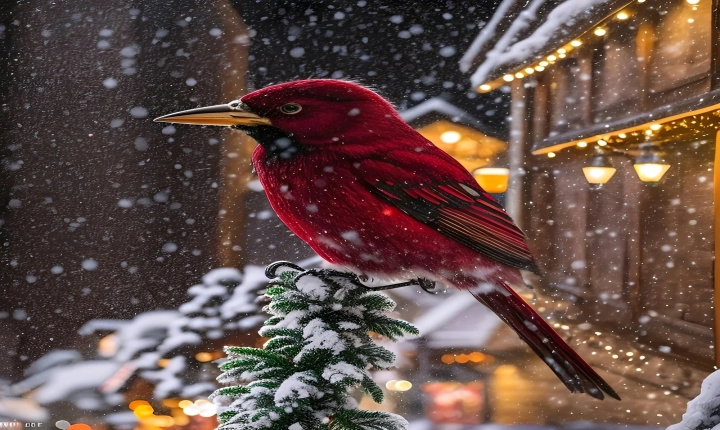Can AI-Generated Music Be Copyrighted?
The emergence of artificial intelligence (AI) in the field of music production has sparked a heated debate regarding the copyright of AI-generated compositions. As AI technologies continue to advance, the question of whether music created by these systems can be subject to copyright protection has become critical.
One of the key arguments in favor of copyright protection for AI-generated music is the level of creativity and originality involved in the process. Proponents assert that AI systems are capable of composing music that is indistinguishable from that created by human composers, and that these compositions deserve the same intellectual property rights as those produced by human artists.
Furthermore, AI-generated music often requires significant input from human developers and operators, including data input, algorithm creation, and parameter settings. This raises the question of ownership and authorship of the final compositions. If human creativity and expertise are integral to the music’s creation, should the resulting works not be protected under copyright law?
Opponents, on the other hand, argue that AI-generated music lacks the essential human element necessary for copyright protection. They contend that the absence of emotional depth and personal expression in AI compositions undermines the premise of copyright, which is to protect the unique creative expression of individuals.
Some also argue that granting copyright to AI-generated music could stifle innovation and creativity by restricting access to and the use of AI-generated compositions. The fear is that copyright protection for AI music may lead to monopolization of the music industry by those who have access to the most advanced AI technologies.
In some jurisdictions, there is uncertainty about the legal status of AI-generated music. The UK Intellectual Property Office, for example, has stated that copyright protection for AI-generated works in the UK would depend on whether the work was created with sufficient human input and direction. This reflects the ongoing global debate about how copyright law should adapt to the rise of AI-generated content.
It is worth considering, however, that copyright serves to protect the economic and moral rights of creators, providing incentives for artistic and technological innovation. In the case of AI-generated music, questions arise about who should be recognized as the creator: the AI system itself, the human programmer, or both.
Moving forward, it will be essential for lawmakers and legal scholars to address these complex issues and develop a clear framework for the copyright of AI-generated music. The increasing use of AI in music production and composition demands a thoughtful and comprehensive approach to ensure that the rights of creators, whether human or artificial, are upheld and that the public interest is safeguarded.
In conclusion, the question of whether AI-generated music can be copyrighted is a multifaceted and evolving issue. As AI technology continues to advance, it is crucial to establish a legal and ethical framework that acknowledges the contributions of both AI systems and their human creators in the production of music. Only with a balanced and clear approach can copyright law effectively address the challenges posed by AI-generated creativity in the music industry.
